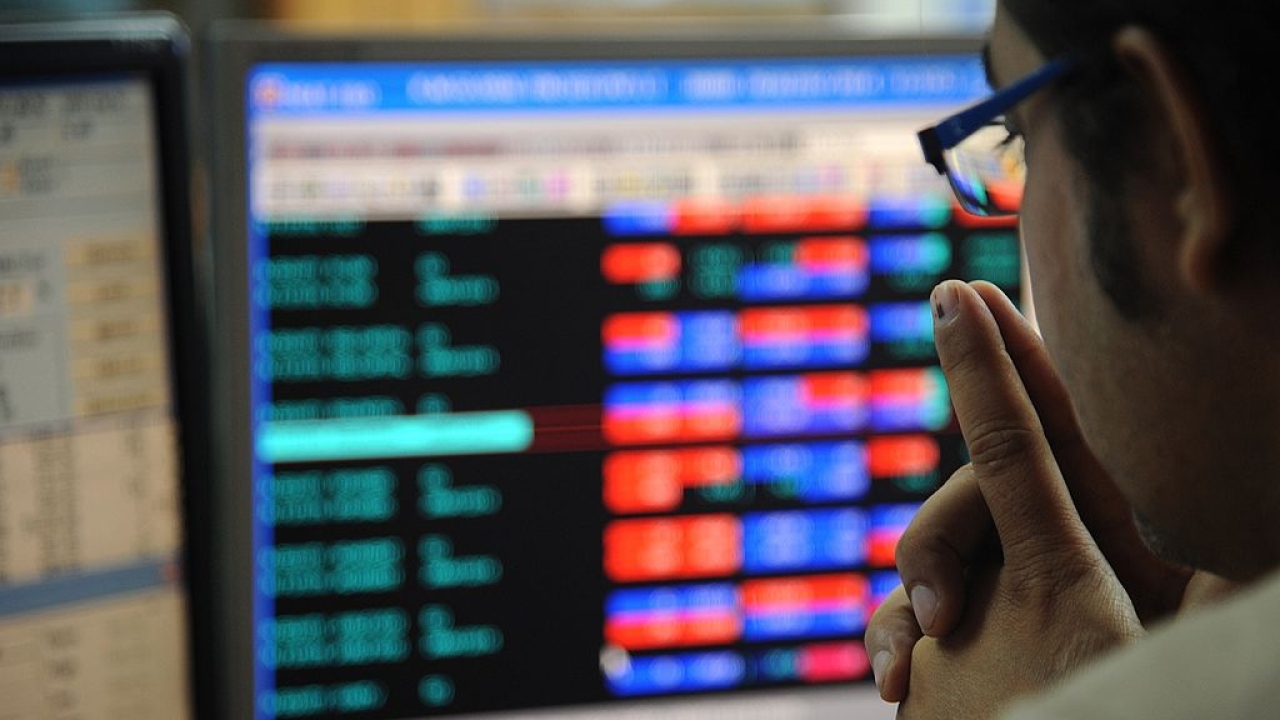Source: swarajyamag.com
Chapter 6 of the Economic Survey 2019 talks about the impact of policy uncertainty on the investment. We should remember that in chapter 1, the Survey had talked about investment-led growth pushing the economy into a virtuous cycle. The Survey stated that private investment was key to this.
The Survey states that policy uncertainty results in lower investment especially due to the following:
- Investment is a forward looking activity. Future expectations play a critical role in the decision to invest.
- It is irreversible in nature. As fixed investment is irreversible, uncertainty exacerbates risk aversion.
While general economic uncertainty hard to be controlled, policy uncertainty can be.
Differences between risk and uncertainty
Both affect the investment fundamentally, yet are different.
- Risk can be quantified but uncertainty is hard to measure
- Policy making relies of judgement and involves considerable discretion, thereby greater scope of uncertainty
- Risk is often out of policymaker’s control, for example, risk associated with monsoon, but policy uncertainty can be controlled.
Measuring economic policy uncertainty
With the help of data analytics, economic policy uncertainty can be measured. The Survey gives example of the Economic Policy Uncertainty (EPU) index developed by Baker et al. This index perfectly captures the taper tantrum of 2013 when policy uncertainty was high coinciding with years of policy paralysis. There is a strong negative relationship between EPU index and investment growth, both domestic and foreign.
The EPU index for India is affected by the following.
- Macroeconomic stability, that is, more the deficits are in control, less the uncertainty
- Volatility in exchange rate, stock market, inflation rate, repo rate and various other macroeconomic variables- WPI inflation, volatility of exchange rate, and capacity utilisation which affect the investment. Therefore, EPU index proxy for all variables examined for impacting fixed investment in the economy
- It started diverging with global EPU since early 2015 and seems to have completely decoupled in 2018. Uncertainty has been increasing across the world, including US, UK and China; India’s economic policy uncertainty has been falling. This points towards resilience of the economy.
Way forward
- Policymakers’ must make their actions predictable, provide forward guidance on the stance of policy
- Reducing ambiguity/arbitrariness in policy implementation.
- Economic policy uncertainty index must be tracked at the highest level on a quarterly basis
- Quality assurance of processes in policy making must be implemented in Government via international quality certifications
This completes the chapter 6 of the Economic Survey. We shall continue with the remaining chapters in next parts of the series. The previous parts can be found here.



